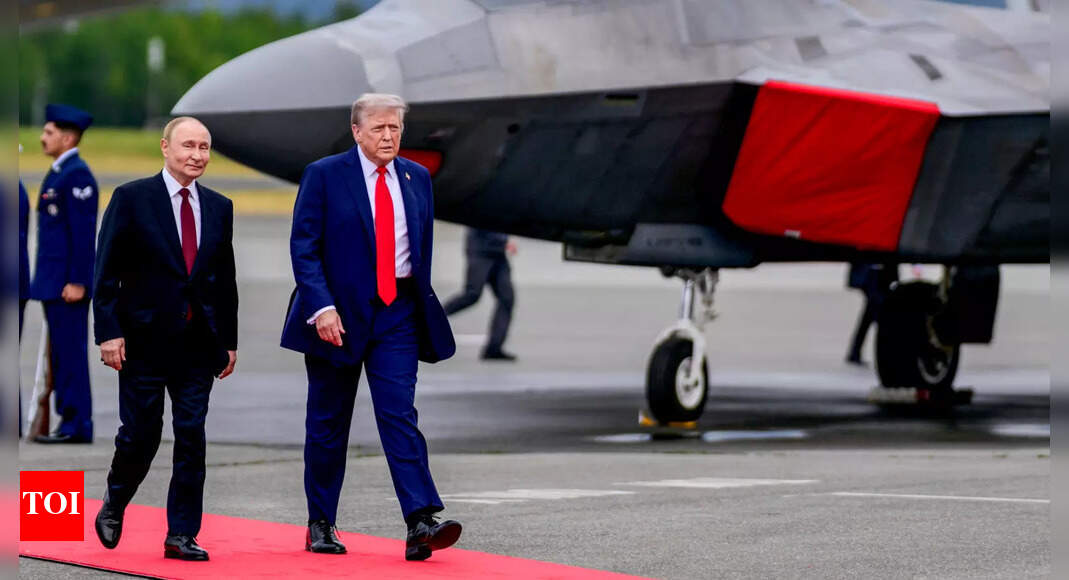
In a bold move signaling confidence in a potential peace breakthrough, Washington has submitted former U.S. President Donald Trump’s nomination for the prestigious Nobel Peace Prize. This development comes as the high-stakes Alaska meeting between key U.S. and Russian officials, including President Vladimir Putin, looms on the horizon.
Strategic Timing of Trump’s Nobel Nomination
The decision to nominate Trump reflects the current administration’s assertion that addressing international tensions requires bipartisan recognition of effective past diplomacy. The timing, ahead of the Alaska talks, suggests that Washington seeks to bolster its negotiating leverage, emphasizing a history of U.S.-initiated peace efforts.
Focus on Global Diplomacy and Peace Initiatives
Trump’s nomination highlights his previous diplomatic engagements, such as fostering discussions on the Korean Peninsula and initiating historic collaborations in the Middle East. While these efforts sparked significant global debate, Washington’s move reinforces the value of diplomacy—arguably an essential message for upcoming discussions with Russia.
What’s Next for U.S.-Russia Relations?
The Alaska meeting is set to address numerous pressing issues, including geopolitical stability, arms control, and climate collaboration. With tensions high, the nomination may also symbolize optimism for constructive dialogue between the two nations, despite their complex and often strained relationship.
As global leaders prepare for this critical dialogue, the submission of Trump’s Nobel Peace Prize nomination adds an intriguing layer to the geopolitical narrative. It remains to be seen how this development will influence Washington’s diplomatic position in the coming weeks.



